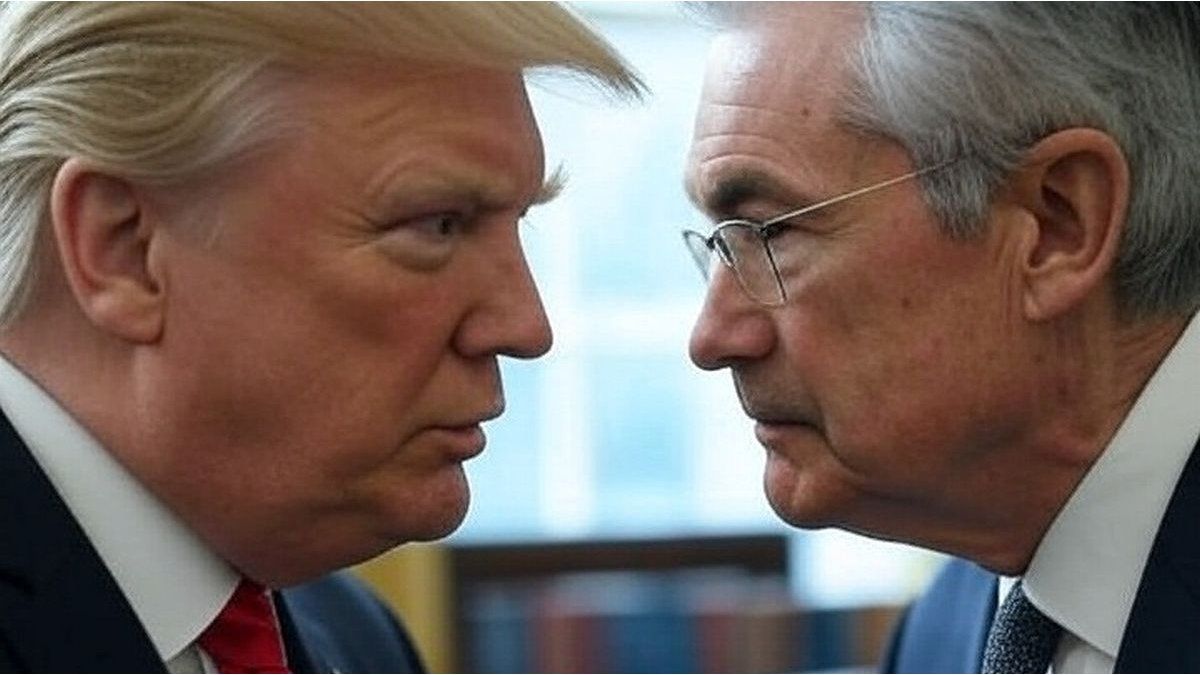Global demand for goods from Germany remains weak. Exporters are also concerned about attacks on merchant ships in the Red Sea.
The weakening global economy continues to weigh on the export-oriented German economy at the end of the year. The value of exports of goods “Made in Germany” increased unexpectedly by 3.7 percent in November compared to the previous month, and the industry received slightly more orders than in October.
However, compared to the same month last year, exports fell by 5 percent, and the balance for the first eleven months was negative, as the Federal Statistical Office announced on Monday. According to economists, the prospects for the German economy remain cloudy for the time being.
“The global economic environment is weak and the environment for increasing investments is unfavorable,” said VP Bank chief economist Thomas Gitzel. The President of the Federal Association of Wholesale, Foreign Trade and Services, Dirk Jandura, was also not very optimistic.
Foreign trade continues to be weak and the additional bureaucracy is an unnecessary burden. In addition: “The security situation in the Middle East as well as the attacks on merchant ships in the Red Sea will continue to have a negative impact in the coming months and will subsequently be reflected in trade values,” said Jandura.
Economist: War in Gaza is exacerbating structural problems
In November, German export companies delivered goods abroad worth a total of 131.2 billion euros. In the first eleven months, exports fell by 1.1 percent to 1,436.5 billion euros compared to the same period last year. Imports fell by 12.2 percent to 110.8 billion euros compared to the same month last year. Compared to October, they rose slightly by 1.9 percent.
According to ING chief economist Carsten Brzeski, the slowdown in global demand and the war in Gaza with tensions in the Suez Canal are currently exacerbating the structural problems. “Since the beginning of 2022, net exports have weighed on the economy in four out of six quarters.”
In 2022 as a whole, German foreign trade achieved a record result, partly due to significant price increases. However, the effects cannot be quantified precisely because statisticians do not collect price-adjusted data on foreign trade.
Weak demand from abroad
Orders in German industry rose by 0.3 percent in November compared to the previous month, as the Federal Statistical Office also announced on Monday. However, the development was less strong than analysts expected on average of 1.1 percent. According to the authority, there have recently been signs of stabilization in central areas in terms of incoming orders from domestically, but weak foreign demand, particularly from the euro area, continues to weigh on the industrial economy.
After an expected decline in economic output of 0.3 percent last year, Ifo President Clemens Fuest now believes a similar development is possible this year too. The economic prospects for this year are also “rather modest,” Fuest recently said. “According to our estimates, economic growth will end up somewhere between zero and one percent. But if things go badly, it can also slip into negative territory.”
The IMK economic experts are also not very optimistic about the new year. The Institute for Macroeconomics and Business Cycle Research (IMK) of the trade union-affiliated Hans Böckler Foundation expects the gross domestic product (GDP) to shrink by 0.3 percent. Experts see one of the main causes as the debt brake, which makes important investments in climate protection and infrastructure more difficult. They demand a reform of the debt brake – and exceptions for urgent investments.
Source: Stern




